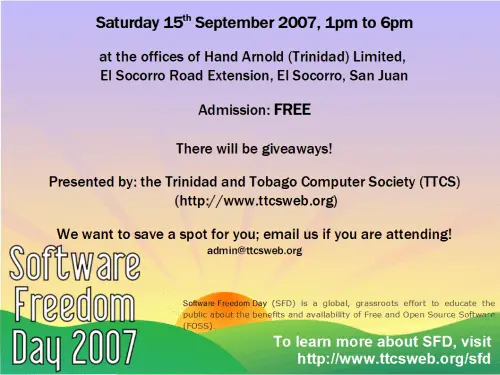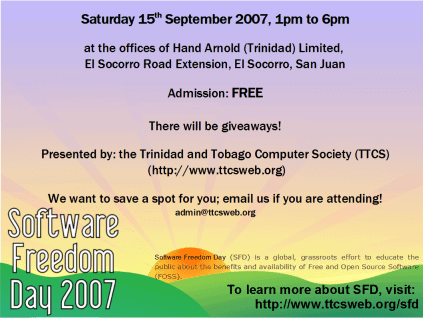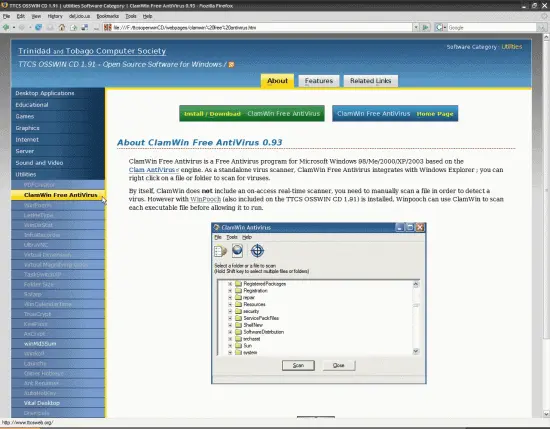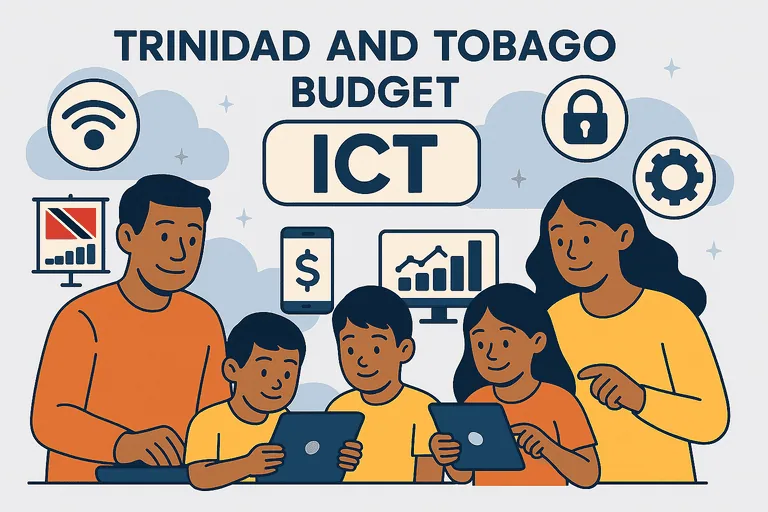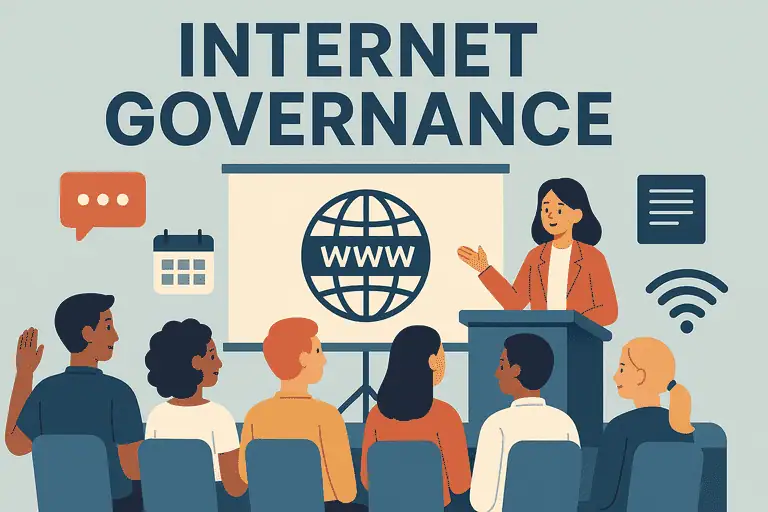The 2008 National Budget of Trinidad and Tobago (PDF ; 337K) was released today in Parliament.
The IT related aspects contained in the 2008 budget of Trinidad and Tobago :
Page 27-28 : under ‘Education’
“…Mr. Speaker, one of the Government’s major focus is the infusion of Information and Communications Technology (ICT) in the curriculum of our schools. The main objective of this programme is to prepare students to live in a knowledge-based society.
Under the Primary Schools Computerization Programme infrastructural work on computer laboratories has been completed at 340 primary schools and eleven special schools and before the end of this fiscal year the majority of these schools will boast modern, fully equipped computer labs.
Mr. Speaker, Phase I of the ICT in Secondary Schools Programme commenced
with the provision of computers and network and security systems. Free internet access is now available at one hundred and eighty primary and secondary schools.
In the new fiscal year, we intend to complete the computerization of 193 primary schools, and 11 special schools. In addition computers and networking will be provided for 133 Secondary Schools throughout the country.
Phase II of the Secondary Schools ICT Project, which includes purchase of teaching software and provision of classroom collaborative solutions, will also be completed during the coming fiscal period.
Page 48 – ‘Telecommunications’
“…Mr. Speaker, the Government is committed to the development of a modern and competitive Information and Communication Technology (ICT) Sector to ensure that all citizens have access to efficient and affordable telecommunications.
The Government’s goal is to promote ICT acculturation among all citizens through: expanding the use of ICT to modernize the operations of the public sector; increasing the availability of online government information and services; promoting the development of competitive ICT-based businesses; encouraging greater use of ICT in business operations and market transactions; and expanding high speed Internet connectivity to all schools, libraries and community centres.
In this context Mr. Speaker, the National Broadband Action Plan includes: facilitating the establishment of International Carrier Shared Landing Stations; implementing a public sensitization programme for Broadband in Trinidad and Tobago; facilitating the implementation of a National Internet Exchange Point (IXP); and facilitating the development of a domestic hosting industry.
These initiatives will help to ensure a sound ICT infrastructure in Trinidad and Tobago thereby facilitating our transition towards a knowledge-based society, using the technology to improve our economic, social and cultural development.
Pages 63-64 “Legislation to ban the use of Cellular phones while driving.”
“..Mr. Speaker, in light of the need to reduce the quantum of road accidents and the overall carnage on our roadways, it is proposed to introduce legislation to make it an offence to use cellular phones and other similar electronic devices while driving. It is also proposed to introduce legislation to ban the use of television type monitors in the front seat of vehicles. These measures will involve amendments to the Motor Vehicles and Road Traffic Act.”


